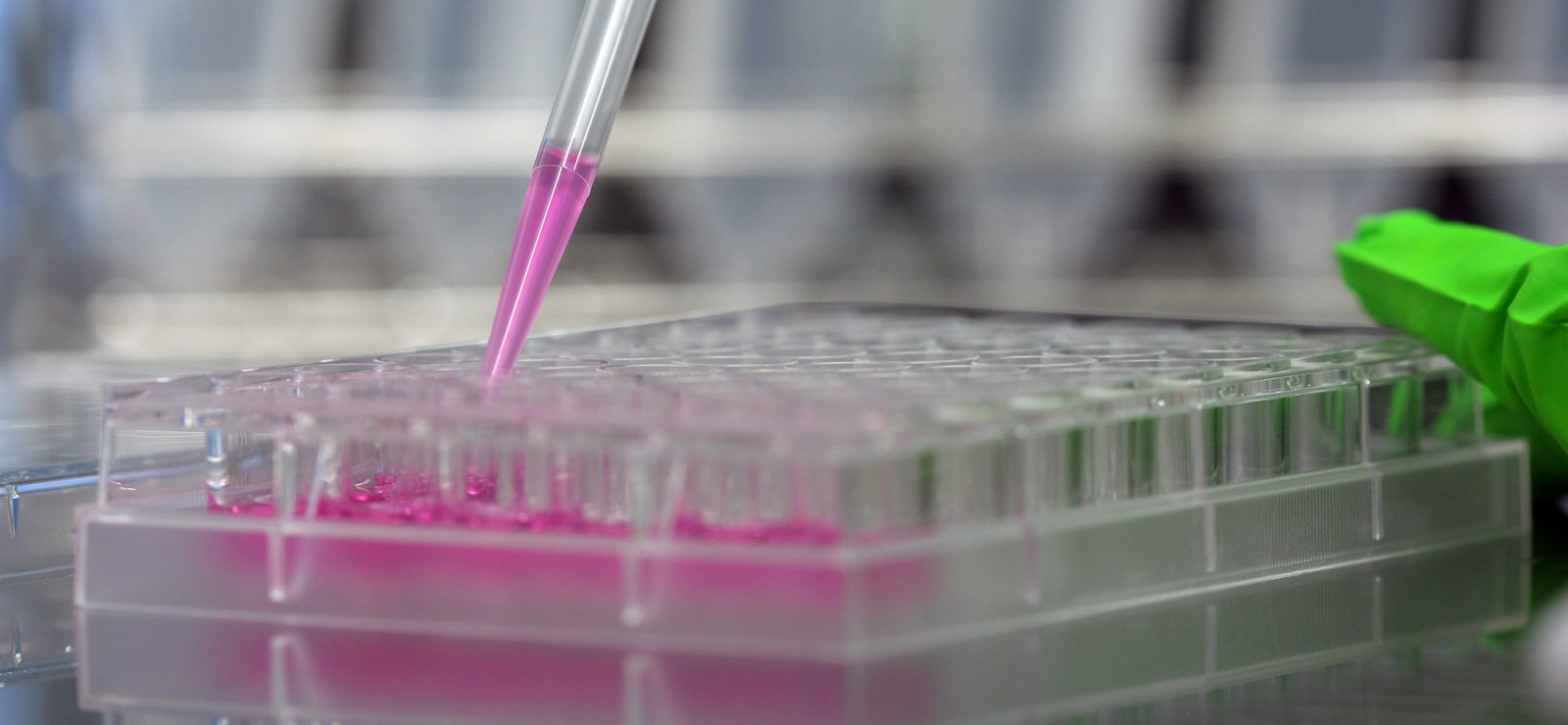A new method to diagnose cancer more rapidly: pediatric oncologist Bram De Wilde is on the verge of a potential breakthrough with his research. And this despite the pharmaceutical industry: "the patient pool is too small for pharmaceutical companies; they do not invest in it." So, financial backing has to come from somewhere else.
De Wilde is one of many researchers linked to the CRIG, the Cancer Research Institute Ghent. The Ghent research center wants to stimulate and accelerate multidisciplinary cancer research: by sharing knowledge and technology, making collaboration between researchers possible, and by making financial backing available. This is support that primarily comes from donations. As a pediatric oncologist, De Wilde is confronted with the need for donations every day.
Why is there so little money for childhood cancer research?
"Fortunately, cancer is not very prevalent in children: it constitutes only 1% of all types of cancer, but this makes it too small a group for the pharmaceutical industry to invest in; it is not lucrative enough. There is a substantial need for better treatments, as it can have dire consequences for the little patient and their families. We want them to be less subjected to pain during treatment, to suffer less organ damage, and be less impacted by psychological consequences. Things are particularly difficult during that uncertain period when the diagnosis is not yet clear. It is thanks to donations to the CRIG that these unprofitable initiatives can still benefit from financial backing."
What research did you conduct with support from the CRIG?
"We have developed a new technique that defines, with greater certainty, what type of cancer someone has in just a few days’ time and what treatment needs to be followed. Up until today, this usually required a lot more time."
How does this new technique work?
"Instead of taking a tissue sample, the detection of a tumor is done through a blood sample or another liquid biopsy, like urine. The ground-breaking aspect is the speed: within an hour of taking the blood, we can start with the tumor analysis. That is very fast. Another innovation is that we also immediately know exactly what tumor it is. With a tissue biopsy, you are often dealing with metastases and it can be a bit of guesswork to identify the primary tumor. Furthermore, getting a tissue sample is often delicate or even impossible, for instance when it relates to kidneys or the brain. In those instances, we would sometimes have to start treatment without being 100% sure of the diagnosis."
What part did the CRIG play in this?
"Thanks to financial backing from the CRIG, we were able to prove that the test works from a technical standpoint. In other words, we can establish a diagnosis with much more certainty. The first results show that the technique delivers high-quality results. It is important that we now secure the extra funding needed to develop the project further."
Are donations still needed for cancer research today?
"Financing for this type of research by Kom op tegen Kaner or the Fonds voor Wetenschappelijk Onderzoek, for instance, is only awarded if you can show that your project will deliver results. New or early-stage researchers and innovative ideas that don’t yet offer proof will not be considered. Without donations, the research would not have come as far as it has done."
With CRIG, physicians and researchers from Ghent University, UZ Gent and VIB-UGent are committed to jointly address the medical challenges of the future in cancer treatment. The focus is mainly on top research that, in collaboration with the clinic and the industry, can lead to more effective treatments and to longer and better survival.
Read also
This is how to avoid parasites on holiday
Holidays! You're already looking forward to all the delicious things you'll eat while travelling, but wait ... Can you just eat anything? "There are some foods that you need to be a bit careful with.” Professor Sarah Gabriel tells us how to avoid taking an extra passenger back home
Revolution in plastic surgery: human tissue rolls out of printer
Creating new pieces of bone, muscle, skin or fat with a 3D printer to heal injuries. Sounds futuristic? The first steps are already being taken today! We spoke with plastic surgeon and professor Phillip Blondeel about his research into tissue engineering.
Most skin cancers can be prevented: protect yourself from UV with these 4 tips
Sunshine and holidays equal a tanned skin for many. But we need to adjust our ideas about tanning, according to dermatologists Lieve Brochez and Isabelle Hoorens. Our behavior towards the sun and UV will cause more and more cases of skin cancer in the coming years.
Is a stool transplant a potential treatment for Parkinson’s?
A recent study into Parkinson’s disease has shown that a stool transplant may constitute a new and valuable treatment of the disease. “It offers a potentially safe, effective and cost-efficient way of alleviating the symptoms and improving the quality of life of millions. A 'bacterial pill' might replace the stool transplant in the future. But more research is needed.”



